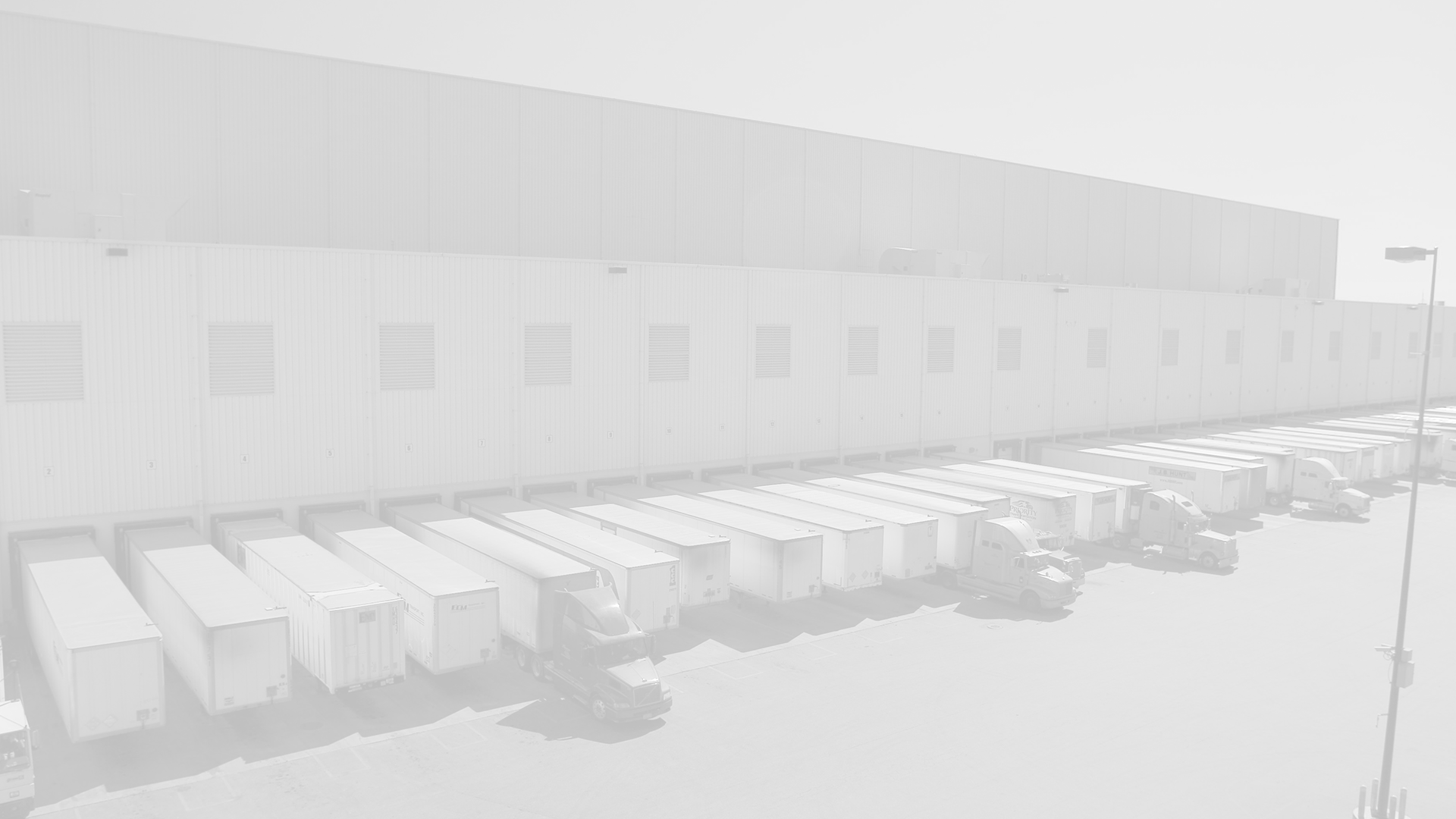Earth Day acts as a reminder for each of us to consider ways we can help to green up the planet, but Stop & Shop and Wegmans are one step ahead of us.
Stop & Shop has recently made public their work on an anaerobic digester. This machine will turn once wasted food scraps into usable energy for its distribution center located in Freetown, MA. Instead of waste such as out of date products, fruit peels, and flower stems going directly to landfills, these scraps will be upcycled with the long term goal to divert 90% of once wasted food.
Wegman’s Food Markets already has several stores in New York state participating in a similar program, and plans to up the number of stores to 32 by the beginning of 2016. Last year Wegman’s reported composting 18 million pounds of food waste, roughly equaling 400 tractor trailer loads being kept out of landfills.
These initiatives to reduce food waste and create energy are a great way to help green up the planet.
Stop & Shop, Wegmans turn food waste into energy
Apr 21, 2015
Stop & Shop announced it has broken ground on an anaerobic digester that will turn food scraps into energy at its distribution center in Freetown, Mass.
The retailer plans to transfer food waste and unsold food that cannot be donated to food banks or local farms to the anaerobic digester. Stop & Shop’s long-term goal is to divert 90% of waste going to landfills.
“We are excited to begin the groundbreaking of this facility, as it’s a clear proof point of our commitment to reducing waste across our supply chain,” Jihad Rizkallah, VP of responsible retailing for Stop & Shop parent Ahold USA, said in a press release. “Once operational, the anaerobic digester will create approximately 1.25 megawatts of clean, based load electricity, which would offset up to 40% of the Freetown facility’s energy use. This is just one of the ways we strive to be a better neighbor, and a responsible retailer in the communities we serve.”
Separately, Wegmans Food Markets announced it would begin a pilot in May to transfer food waste from four stores in Syracuse, N.Y., to anaerobic digesters on local farms through a partnership with Natural Upcycling.
Twelve Wegmans stores in Buffalo and the Greater Rochester area already are a part of this program. The retailer hopes to have 32 New York stores participating by early 2016.
Wegmans said it converted 2.5 million pounds of food scraps into energy in 2014.
“The real advantage of these partnerships is that the benefits are broadly shared,” Wegmans sustainability manager Jason Wadsworth said in a press release. “The process is easier, safer and more efficient for our people, it helps to reduce carbon emissions generated by landfills, helps farmers in our community achieve their sustainability goals, and creates a whole new business model for farmers and food waste haulers, adding jobs to our region. This is the very definition of sustainability and a project that the whole community can feel good about.”

